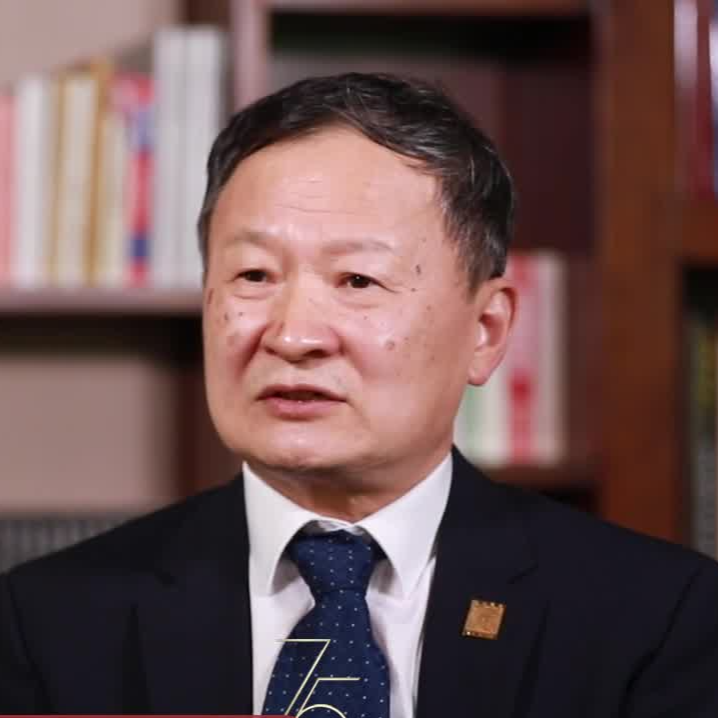By Embracing China, Hungary is Rescuing Europe from the US

Until Chinese President Xi Jinping paid his visit to Hungary, many Western politicians didn’t fully realize the determination of Viktor Orbán, Prime Minister of Hungary, to advance the interests of his country through cooperation with China, even at the risk of upsetting the U.S.. This long overdue wake-up call is surely unsettling to those in denial. While POLITICO referred to Xi’s public letter celebrating the two countries’ 75-year-old diplomatic relations as a love letter to Viktor Orbán, the truth is that the bilateral relationship has long surpassed the stage of mere love letters. It is now a full-on partnership with tangible cooperation.
This relationship also holds great significance for China. Through cooperation with Hungary, China aims to set an example for a Sino-European community where bilateral relations extend beyond diplomacy to include deep engagement in culture, industry, and technology. Industries involving cutting-edge technologies are witnessing an increasingly close relationship between China and Hungary. As the second largest recipient of Chinese investment in Europe, with bilateral trade volume in high-tech industries accounting for 80%, Hungary hosts a variety of Chinese companies, such as Contemporary Amperex Technology Co. (CATL), China’s leading manufacturer of lithium-ion batteries and energy storage systems, and BYD Auto, China’s top-selling manufacturer of battery electric vehicles, which have established production bases in Hungary.
Contrary to some Western companies, especially those from the U.S., which kept their most advanced technology away from China when establishing production lines in the country, Chinese companies venturing into overseas markets have long realized that technologies evolve rapidly. Instead of being paranoid about the potential leakage of technology, a company should actively apply the technology to products that will elicit consumer feedback, which is essential for optimizing the technology. And that is what we call a constructive attitude.
The United States, on the other hand, views the concept of national security as a panacea to all of its problems with China. In its desperate attempt to retain as many technologies as possible from China, which is perceived as its main competitor, the U.S. is condemned to witness China’s growing independence from U.S. technology and patent authorization.
Ultimately, this misstep by the United States stems from its reluctance to acknowledge China’s economic development and overall capabilities, while China has no such intention regarding Hungary. China sees the introduction of electric vehicles to other countries, where EVs could even serve as a foundational industry crucial to the development of the technology itself. Observing the U.S., once a leader in globalization, now vehemently restraining globalization, I couldn’t help but feel it’s being quite petty.
Cultural cooperation between China and Hungary may also have contributed to the sour feelings shared by some European and U.S. media outlets. Fudan University from China has officially opened a branch in Hungary, marking it the first Chinese university to establish a presence in Europe of its kind.
I’d like to highlight one important commonality shared by three countries chosen by Chinese president Xi Jinping for his visit to Europe. That is, they all enjoy, or seek to enjoy, strategic autonomy. While we often hear Europeans expressing their desire for strategic autonomy, the reality is that most EU countries, particularly some NATO members, fail to demonstrate such independence. Some have even abandoned the pursuit of strategic autonomy and instead follow the lead of the United States in international affairs and their engagements with China. Amidst this prevailing surrender of autonomy, Hungary stands out for its active role in the China-Central and Eastern European Countries Cooperation Plan formulated in 2012. President Xi’s trip to Budapest undoubtedly demonstrates China’s appreciation of Hungary’s pursuit of strategic autonomy.
I’d say Hungary’s Prime Minister Viktor Orbán is a man of vision. To secure the greatest possible influence for Hungary in a world where the U.S. treats every country as pawns, Orbán knew he had to rely on strategic autonomy.
An anecdote not long ago showcased his strategic acumen- Orbán, while visiting the U.S., managed to meet with Trump, and informed media afterwards that Trump could end the Russia-Ukraine war within 24 hours. Without specifying how Trump was able to do so, Orbán successfully created suspense, wielding a stone with which he could kill two birds. Firstly, it sent a message that Orbán could use to challenge the Biden administration. Secondly, it demonstrated his neutrality in the war, thus avoiding the unfavorable position in which Germany found itself. Additionally, he has proven adept at leveraging the voting mechanism within NATO, securing €10 billion in funding for his country.
Hungary is treated as an outcast within the EU regarding how to engage with China, when in fact, it’s merely manifesting strategic autonomy. After World War II, many EU countries opted for blind reliance on the U.S. for security, to the extent of cutting funds for national defense. Consequently, their diplomatic policies all mirror such choices. However, Hungary needs no better affirmation of its choice than history, which lays bare the tragic fate of those who refrain from independence and autonomy, whose fate as a proxy echoes that of Ukraine.

-1.jpg?fit=300%2C169&ssl=1)



